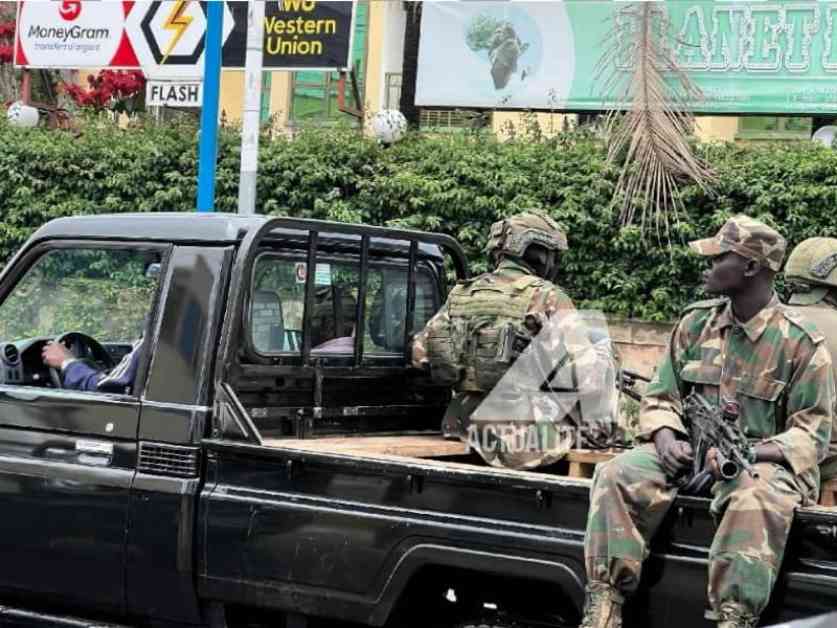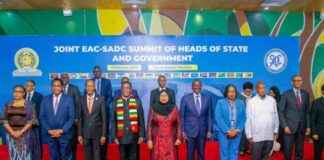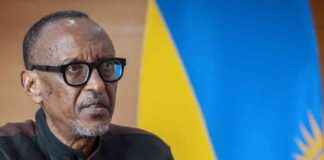The European Union Imposes Sanctions on Rwandan Army Officers and M23 Leaders in Eastern DRC
The European Union has recently announced individual sanctions against several Rwandan officials, specifically targeting officers from the Rwanda Defence Force (RDF). Among those sanctioned are Ruki Karusisi, the commander of the special forces of the RDF deployed in the eastern Democratic Republic of Congo (DRC). Another officer facing sanctions is Eugène Nkubito, the commander of the 3rd division of the RDF, which has been stationed in the North Kivu province of eastern DRC since August 2022.
In addition to these officers, Pascal Muhizi, a brigadier general of the RDF and the commander of the 2nd division deployed in eastern DRC since August 2023, has also been sanctioned by the EU. The sanctions are part of the EU’s efforts to address their roles in destabilizing the eastern region of the DRC.
Sanctions on M23 Leaders
The EU has extended its sanctions to include leaders of the M23 rebellion, a group that has been a source of conflict and instability in the region. Bertrand Bisimwa, the president of the M23, who is already under UN sanctions, is among those targeted by the EU. Additionally, Désiré Rukomera, responsible for recruitment and propaganda for the M23, as well as John Imani Nzenze and Jean-Bosco Nzabonimpa Mupenzi, both holding positions within the movement, have also been sanctioned. Furthermore, Jean Bahati Musanga, the leader of the M23 and former finance chief now serving as the governor of the administration established by the rebellion in Goma, has been included in the EU’s measures.
These sanctions come as a response to the individuals’ involvement in activities that have contributed to the ongoing destabilization of the eastern DRC.
Implications of the Sanctions
The imposition of sanctions by the European Union on Rwandan army officers and M23 leaders reflects the international community’s concern over the situation in the eastern DRC. The EU’s decision to target specific individuals for their roles in the conflict underscores the importance of accountability and the need to address the root causes of instability in the region.
Experts suggest that these sanctions could have a significant impact on the ongoing conflict, as they target key individuals who play crucial roles in the military operations and leadership of the RDF and the M23. By imposing these measures, the EU aims to deter further destabilization efforts and send a clear message that actions leading to conflict and violence will not be tolerated.
The sanctions also serve as a reminder of the complex geopolitical dynamics at play in the region, with various armed groups and foreign actors involved in perpetuating the cycle of violence. By targeting both Rwandan army officers and M23 leaders, the EU is sending a strong signal that it is committed to promoting peace and stability in the DRC and holding those responsible for destabilizing actions accountable.
In conclusion, the European Union’s decision to impose sanctions on Rwandan army officers and M23 leaders underscores the international community’s commitment to addressing the root causes of conflict and instability in the eastern DRC. By targeting specific individuals involved in activities that contribute to violence and unrest, the EU is taking a proactive stance in promoting peace and security in the region.

















